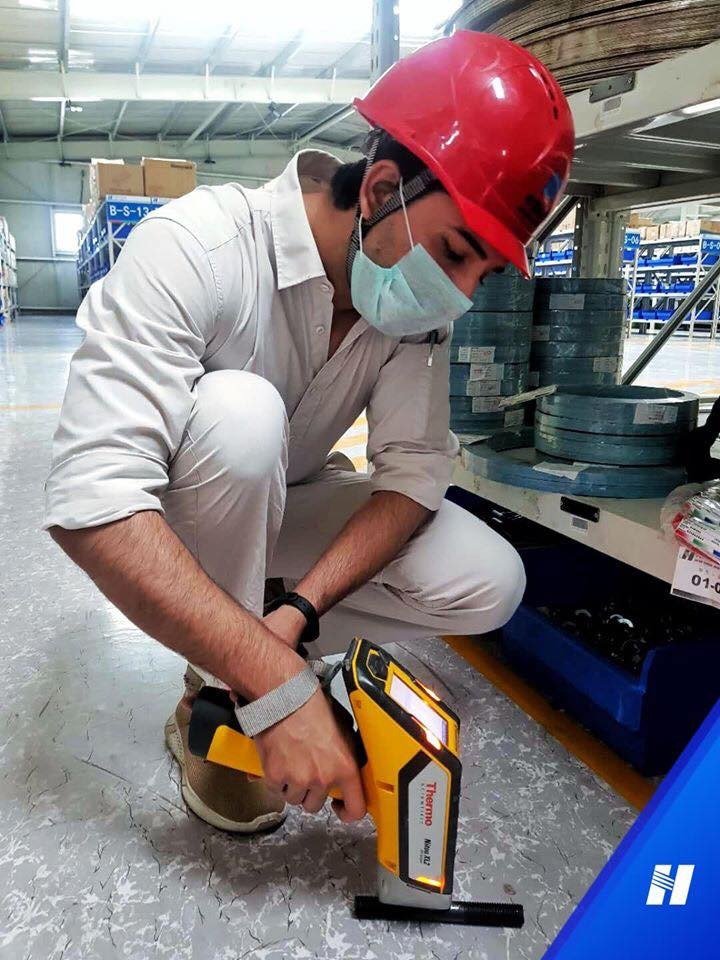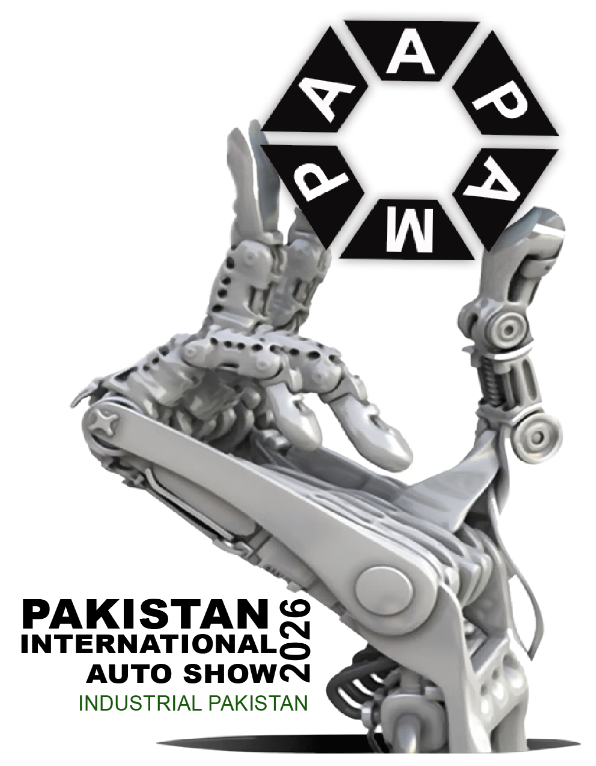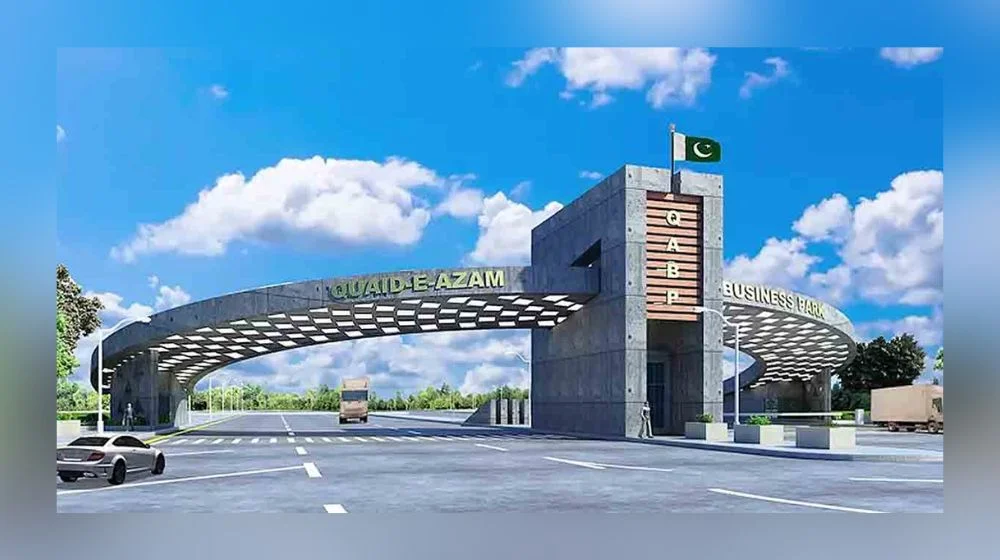Staff Reporter
SAHIWAL
At the 1320MW Sahiwal Coal Fired Power Plant, quality is not just a requirement but a critical pillar for ensuring safe, reliable, and efficient large-scale power generation.
A strong quality control system forms the backbone of our operations, safeguarding process integrity, equipment longevity, and workplace safety.
More importantly, it drives cost optimization and operational excellence by minimizing errors, reducing downtime, and maximizing overall productivity.
At this organization, quality is a core value, embedded deeply in a operational culture. “We recognize that maintaining and continuously improving quality standards is essential not just for compliance, but for building long-term trust, efficiency, and excellence,” said a team member.
That’s why we are committed to enhancing our work quality through continuous improvement, innovation, and adherence to globally recognized standards, he said.
“To ensure that our quality management system remains robust and effective, we follow a dual approach that integrates Quality Control (QC) and Quality Assurance (QA),” he said.
While quality control focuses on identifying defects and ensuring that processes yield the expected output, quality assurance is proactive in nature establishing systems, procedures, and policies that prevent issues before they occur. Together, these practices form the backbone of our comprehensive Quality Management System (QMS).
We strongly believe in the principles of Total Quality Management (TQM), which emphasize organization-wide participation in quality improvement initiatives. TQM is not confined to a specific department or function, it is a philosophy that permeates every aspect of our operations, encouraging every employee to contribute to quality enhancement.
By aligning internal procedures with both internal benchmarks and external standards, we ensure that quality is ingrained in our processes from the ground up. These standards guide our employees in performing their roles effectively and help maintain consistency in service and performance.
To facilitate this, we have developed a detailed quality manual and a comprehensive set of Quality Standards. These documents serve as reference points for all departments and clearly define the organization’s quality objectives, policies, roles, and responsibilities. Each employee is expected to understand and implement the guidelines relevant to their duties, thereby ensuring a unified approach to achieving our quality goals. To uphold this commitment, we have established a state-of-the-art Metal Testing Laboratory, a critical asset in our quality infrastructure. This laboratory is equipped with a broad spectrum of high-tech instruments and systems, enabling us to perform thorough inspections, tests, and analyses on materials and components used in plant operations.
Our Metal Testing Laboratory plays a vital role in our quality assurance strategy. It houses a diverse range of equipment and technologies designed to perform various testing techniques. The comprehensive testing capabilities allow us to verify the integrity, durability, and reliability of critical components, ensuring they meet stringent operational requirements. The laboratory also supports preventive maintenance, failure analysis, and root cause investigations, thereby reducing risks and enhancing the overall safety of the power plant.
At the Sahiwal Power Plant, a comprehensive range of advanced inspection and testing instruments is utilized to ensure structural integrity, operational reliability, and quality control. The HS610e Ultrasonic Flaw Detector, manufactured by Wuhan Zhongke Innovation Company (China), is employed for non-destructive testing (NDT) to detect internal material defects such as cracks, laminations, and voids with precise identification of their location, size, and type. Complementing this is the XL 2800C Handheld Alloy Analyzer from Thermo Fisher Scientific Inc., which leverages advanced X-ray fluorescence (XRF) technology to provide rapid, on-site chemical composition analysis of alloys, supporting applications in metallurgy, recycling, and quality assurance.
For detailed microstructural studies, the DM2700M Metallographic Microscope, manufactured by Leica Microsystems, delivers high optical clarity and advanced imaging capabilities, making it indispensable for material science research, failure analysis, and production monitoring. To assess surface and near-surface defects in ferromagnetic materials, Magnetic Flaw Detectors by Parker Research Corp. available in both AC and DC types at Sahiwal are used extensively for welding inspections, pipeline testing, and overall structural integrity evaluations.
In addition, the HT2000A Leeb Hardness Tester from G&R Technology Inc. provides quick, non-destructive hardness measurements using the rebound principle, ensuring effective quality control and material inspection during operations. Finally, the Olympus 27MG Ultrasonic Thickness Gauge, designed for non-destructive thickness measurement of pipes, tubes, and sheets, plays a vital role in detecting corrosion, evaluating material integrity, and supporting field inspections with high accuracy and portability. Together, these state-of-the-art instruments form a robust quality assurance framework, enhancing safety, efficiency, and reliability at the Sahiwal Power Plant.
The establishment of a well-equipped metallurgical and testing laboratory at the Sahiwal Power Plant plays a pivotal role in maintaining the highest standards of quality, safety, and reliability. With advanced instruments such as ultrasonic flaw detectors, alloy analyzers, metallographic microscopes, magnetic flaw detectors, hardness testers, and ultrasonic thickness gauges, the laboratory provides comprehensive solutions for identifying defects, verifying material composition, analyzing microstructures, and monitoring degradation over time.
These capabilities not only ensure the structural integrity of critical components but also support proactive maintenance, reduce downtime, and extend equipment life. By integrating precise testing with stringent quality control, the laboratory safeguards plant efficiency, minimizes risks, and contributes to the overall operational excellence of Sahiwal Power Plant, making it a cornerstone for sustainable and reliable power generation.






